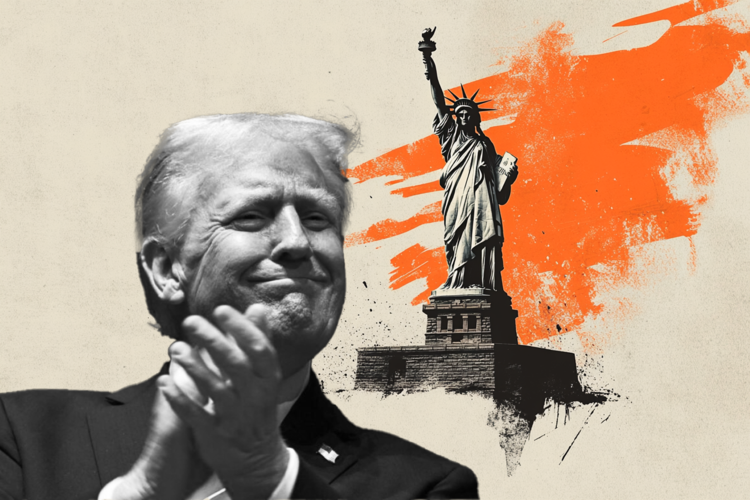Voters in Uruguay, a country known for its beaches, legal marijuana and stability, went to the polls this Sunday (27) in an electoral contest between moderates, which contrasts with the polarized politics of many other Latin American countries.
The nation of 3.4 million people voted to elect its next president and deputies, and pollsters predict a second round will likely be needed in November. Simultaneous referendums on pension reform and increased police powers were more fierce.
But unlike the sharp divisions between right and left in Argentina, Brazil or Mexico, Uruguay’s political arena is relatively tension-free, with significant overlap between the main conservative and liberal coalitions, which takes away some of the impact of the result.
“The two main camps are more or less the same in terms of macroeconomic policy or the vision of what Uruguay is and how to face various economic challenges,” said Uruguayan economist Maria Dolores Benavente.
Voting in the small South American nation saw center-left Broad Front candidate Yamandu Orsi, the pre-election favorite, face the conservative candidate representing continuity, Alvaro Delgado. Behind them was the young conservative Andrés Ojeda, quite prolific on social media.
Polls show Orsi in the lead, but indicate that no presidential candidate is likely to win more than 50% of the vote, meaning a runoff is likely to be held on November 24 between Sunday’s top two.
This content was originally published in Moderate electoral race in Uruguay counters trend of political intensification in the region on the CNN Brasil website.
Source: CNN Brasil
Bruce Belcher is a seasoned author with over 5 years of experience in world news. He writes for online news websites and provides in-depth analysis on the world stock market. Bruce is known for his insightful perspectives and commitment to keeping the public informed.







